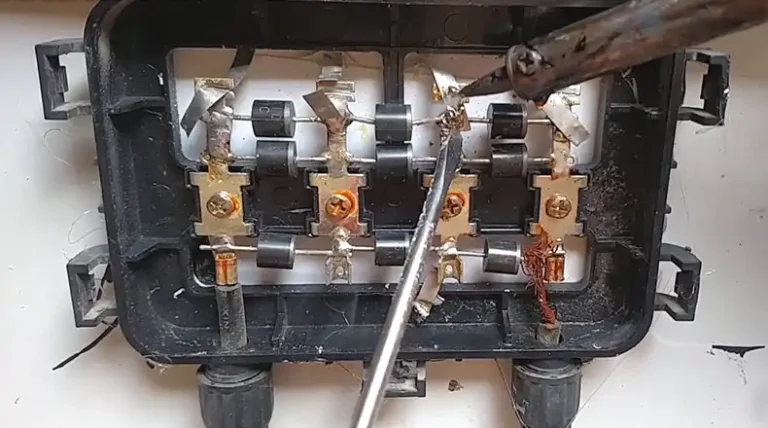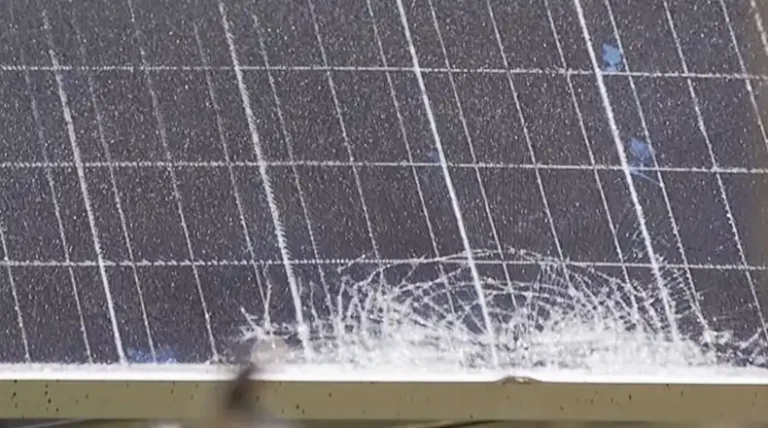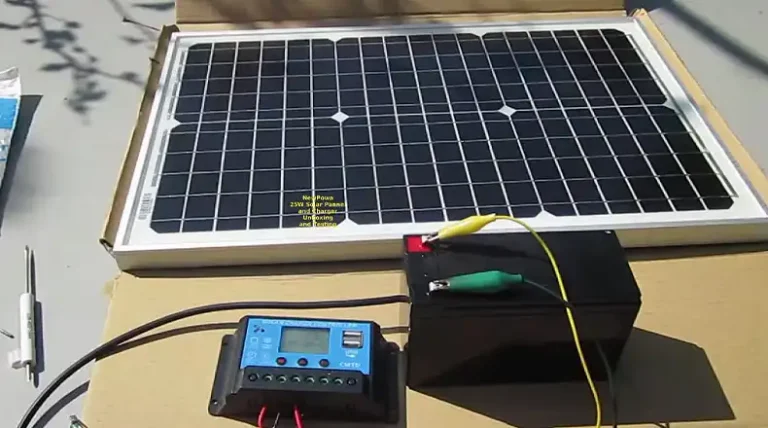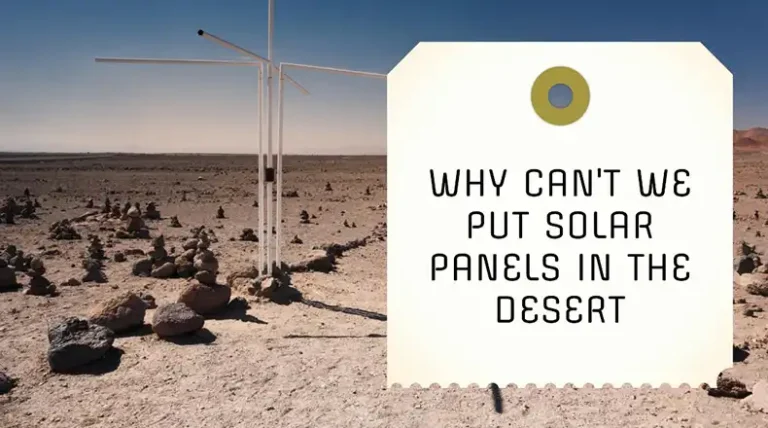Can You Run a Pool on Solar Power?
The short answer? Yes, you can! Running a pool on solar power is not only possible but also a smart move for those looking to cut down on their energy costs and reduce their carbon footprint. Keeping a pool clean and comfortable can use a lot of energy, especially for the pump, filter, and heater.
With energy bills going up, many pool owners are looking for greener ways to do things, like using solar power. The sun’s energy is free and clean, so it’s a great option for people who want to help the environment and maybe save money in the long run.
This article will explain how solar pool systems work and help you decide if it’s right for you. We’ll cover how it works, how much it costs, the good and bad things about it, and how to choose the right solar panel system for your pool. Just stick to the post till the end.
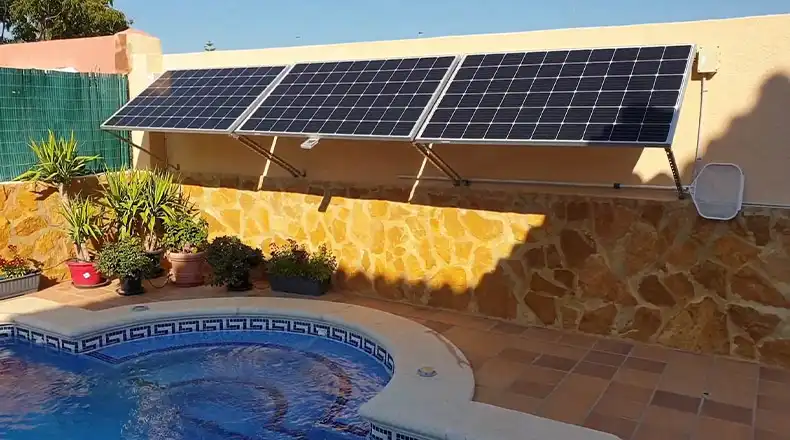
How Do You Run a Pool on Solar Power?
To start, you’ll need to invest in solar panels and a few other components. The number of panels you’ll need depends on the size of your pool and your energy requirements. Generally, a good rule of thumb is to have enough solar panels to cover around 60-80% of your pool’s energy needs.
Once you’ve got the panels installed, they’ll convert sunlight into electricity that can power your pool’s pump, filter, and heater. Some systems even come with a battery backup, so you can store excess energy for those cloudy days or nighttime swims.
How Much Does It Cost to Run a Pool on Solar Power?
The cost of a solar pool heater depends on several factors, including pool size, location, type of panels, etc. The cost of a solar pool heater installation ranges from $2,500 to $7,500 and can cost as little as $1 per day to run. The system itself costs between $2,000 and $5,000, with additional installation labor costs. Also, it has been found that the average cost of running a single-speed pool pump is $420 per year running for 8 hours a day.
Solar pool heaters typically have a payback period of 1 to 7 years, depending on local fuel costs and solar resource availability. While the upfront cost is higher, solar pool heaters can result in substantial energy cost savings over time, making them a cost-effective pool heating solution.
Pros and Cons of Running a Pool on Solar Panel
Like any decision, there are pros and cons to consider when it comes to running your pool on solar power. Let’s break them down –
Pros
Reduced energy costs: Say goodbye to those sky-high electricity bills! Solar power can significantly cut down on your pool’s energy consumption and save you money in the long run.
Environmentally friendly: By using a renewable energy source, you’re doing your part to reduce your carbon footprint and contribute to a greener planet.
Low maintenance: Solar panels require minimal maintenance once installed, making them a relatively hassle-free addition to your pool setup.
Increased property value: Having a solar-powered pool can be a selling point if you ever decide to put your home on the market.
Cons
Initial investment: The upfront cost of installing a solar system can be a significant investment, although it may pay off in the long run.
Weather dependency: Cloudy days or poor sunlight can impact the efficiency of your solar panels, potentially requiring a backup energy source.
Space requirements: Depending on your pool’s energy needs, you may need a considerable amount of space to accommodate the necessary number of solar panels.
Which Solar Panel Is Better to Run a Pool?
Thinking about solar panels to heat your pool? Great choice! But before you jump in, there are a couple of things to keep in mind.
First, there are two main types of solar panels: monocrystalline and polycrystalline. Mono panels are generally more efficient at turning sunlight into heat, but they also tend to cost a bit more. Polycrystalline panels are a more budget-friendly option, though they might not be quite as powerful.
Another factor to consider is how well the panels handle hot weather. This is called the temperature coefficient. If you live in a sunny place, you’ll want panels with a lower temperature coefficient. That way, they won’t lose efficiency as much when things heat up.
In the end, the best solar panels for your pool depend on your budget, climate, and what you’re looking for. Talking to a professional solar installer is a great way to figure out which option is right for you. They can help you choose the most efficient panels for your needs without breaking the bank.
Wrapping It Up
So, there you have it! Solar pool heating is a great option to save money and help the environment. The upfront cost might seem high, but the energy savings over time make it worthwhile. Whether you want to be eco-friendly or save on pool expenses, solar power is worth checking out. Imagine your next pool party powered by the sun – that’s pretty cool (pun intended)! Have any questions? Leave a comment below, and we’ll be happy to help you explore solar pool heating. Thanks for reading, and happy swimming!
Frequently Asked Questions
Can solar panels power my pool’s heating system?
Absolutely! Solar panels can be used to power your pool’s heating system, allowing you to enjoy a comfortable swim even during cooler months. However, keep in mind that heating a pool requires a significant amount of energy, so you may need a larger solar panel system to meet your heating demands.
How long do solar panels typically last for a pool setup?
Most solar panels are designed to last for 25-30 years, making them a long-lasting investment for your pool. However, it’s important to properly maintain your solar panels by keeping them clean and free from debris to ensure they operate at peak efficiency throughout their lifespan.
Can I still use my pool at night if it’s powered by solar?
Yes, you can. Many solar pool systems come with battery backups that store excess energy generated during the day, allowing you to power your pool equipment even after the sun goes down. Alternatively, you can also opt for a hybrid system that combines solar power with traditional energy sources, ensuring you never run out of juice for your nighttime swims.

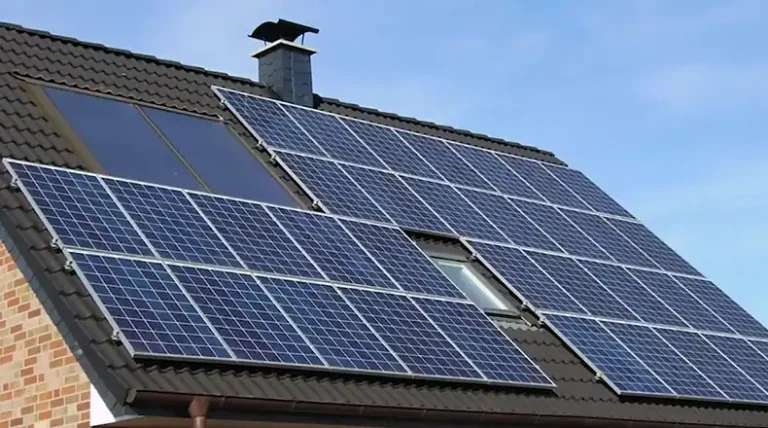
![[Explored] Can You Use Mirrors To Redirect Sunlight On Solar Panels?](https://www.itekenergy.com/wp-content/uploads/2023/08/can-you-use-mirrors-to-redirect-sunlight-768x428.webp)
